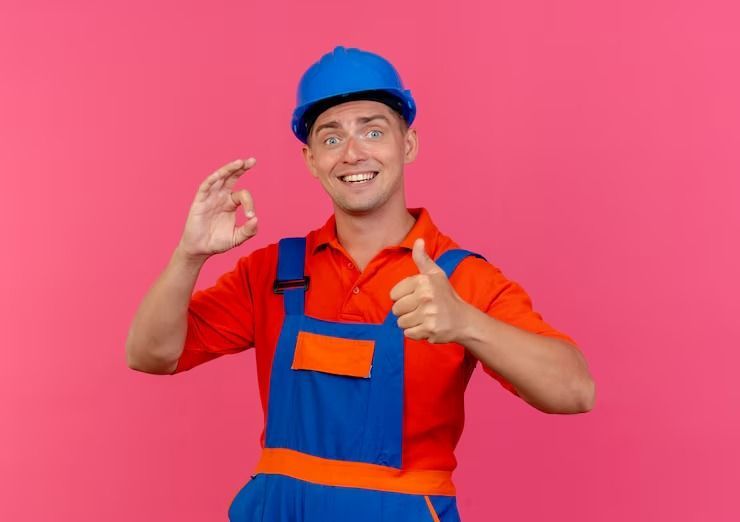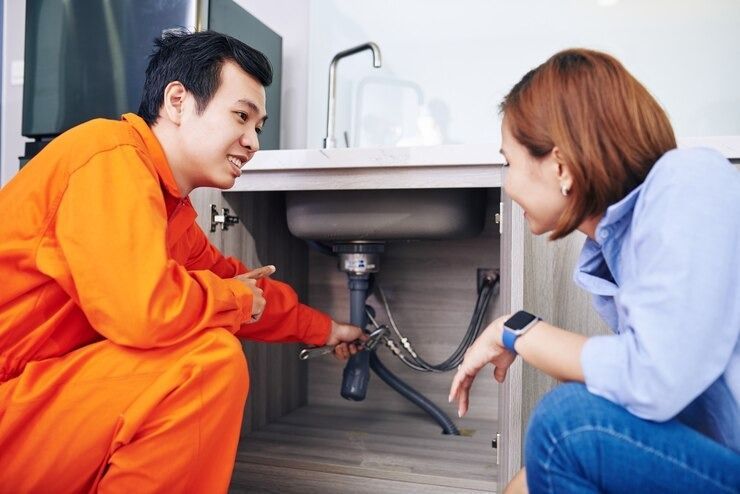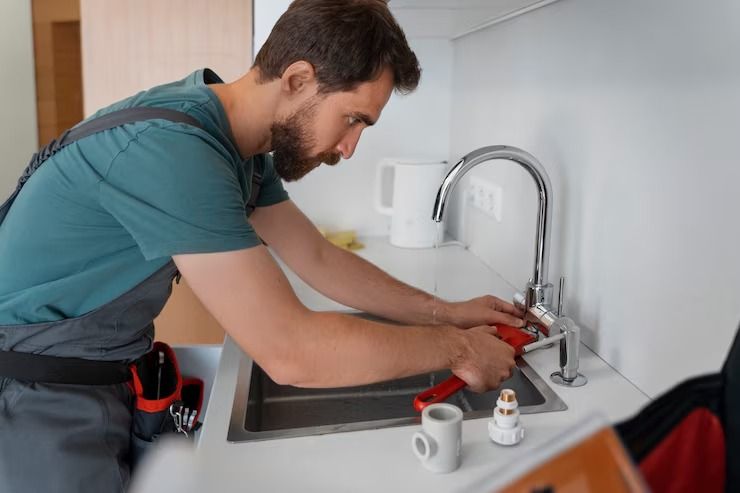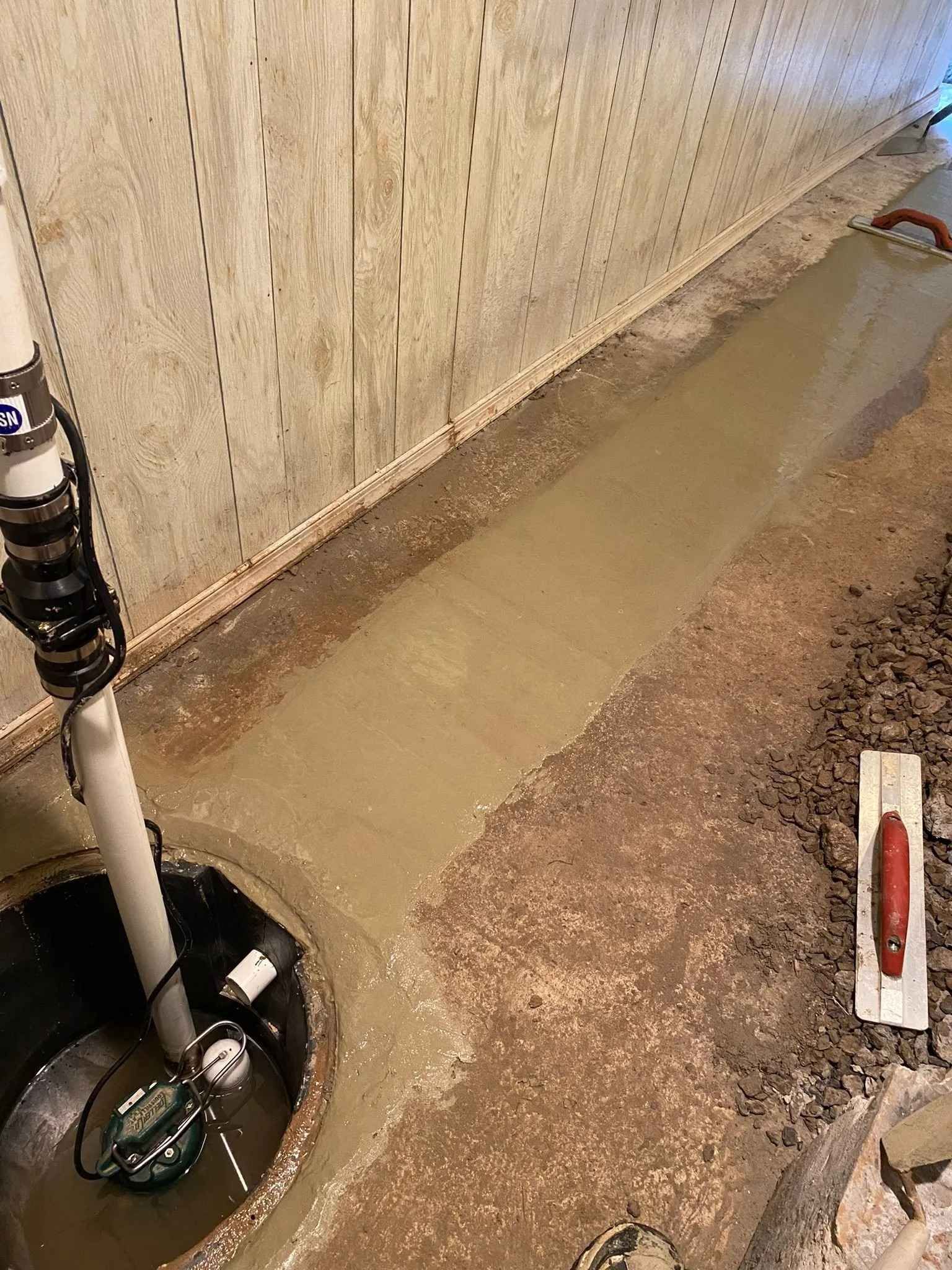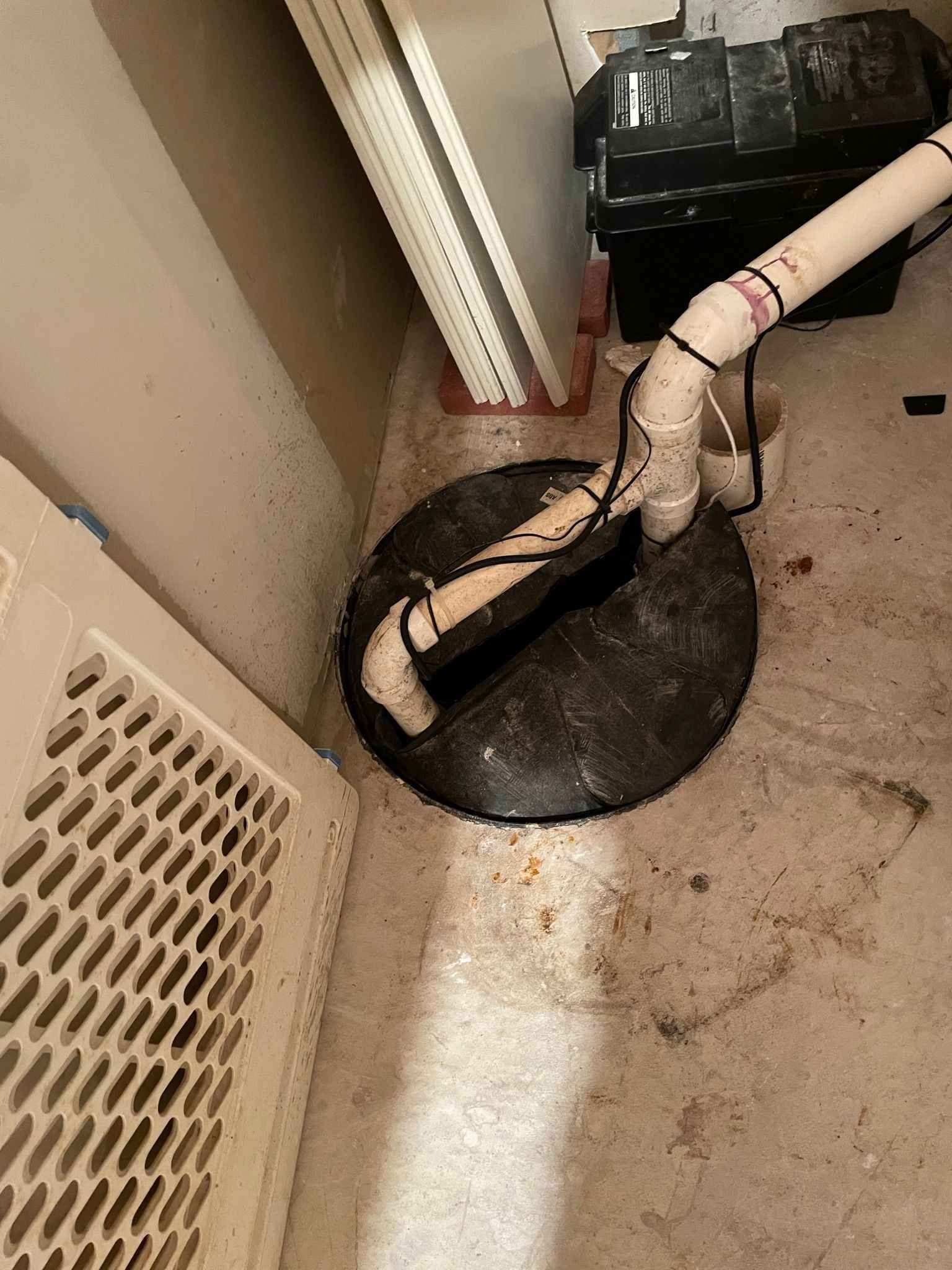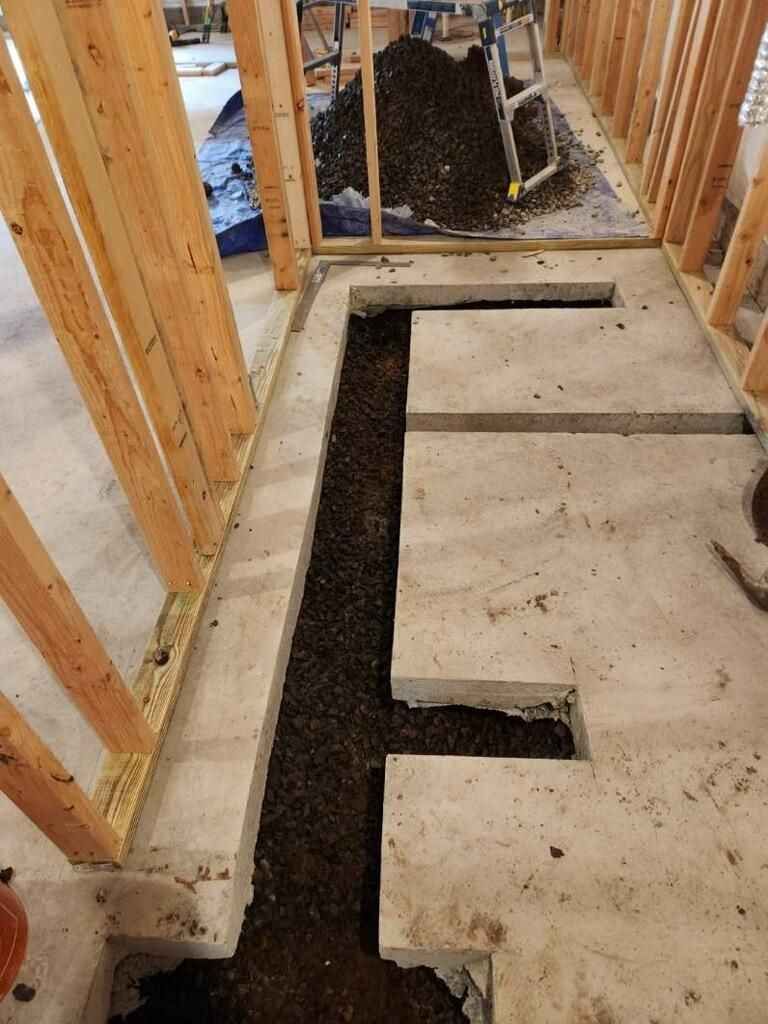Finding the Right Fit: What Sump Pump Should You Buy
Finding the Right Fit: What Sump Pump Should You Buy

Key Takeaways
- Sump pumps are essential for preventing water damage in homes, particularly in areas prone to flooding or with high groundwater levels.
- There are various types of sump pumps, each with specific features that may be more suitable depending on your home’s needs.
- Professional installation is recommended to avoid potential issues and ensure the sump pump operates effectively.
Finding the right sump pump can make all the difference between a dry, safe home and one susceptible to water damage. Whether you're a homeowner looking to safeguard your basement from flooding or simply aiming to keep moisture levels under control, choosing the right sump pump is crucial. This guide will walk you through the essential considerations and options, answering the key question: What sump pump should you buy?
Understanding Sump Pumps: The Basics
Sump pumps are vital in managing water accumulation in basements and crawl spaces. They help prevent flooding by automatically pumping water out and away from your home. Understanding the different types of sump pumps and their functions is the first step in making an informed decision.
Types of Sump Pumps
There are two primary types of sump pumps:
- Submersible Sump Pumps: These are designed to be submerged in water and are generally quieter and more efficient. They are ideal for areas that experience heavy flooding.
- Pedestal Sump Pumps: Unlike submersible pumps, these are mounted above the sump pit. While they are easier to maintain, they tend to be noisier and less powerful than submersible pumps.
Other types include battery backup pumps and water-powered sump pumps. Backup pumps are critical for maintaining functionality during power outages, while water-powered pumps utilize municipal water pressure to operate, making them an eco-friendly option.
How Sump Pumps Work
A sump pump's primary job is to keep your basement or crawl space dry by removing excess water. When the water level in the sump pit reaches a certain point, the pump is activated. It then channels the water away from your home through a discharge pipe, keeping your space dry and safe.
Why Your Home Needs a Sump Pump
Water damage is not only inconvenient but can also be extremely costly to repair. Sump pumps provide an essential safeguard against this by actively managing water levels in vulnerable areas of your home.
Preventing Flood Damage
Flooding can occur for various reasons, including heavy rainfall, snowmelt, or plumbing failures. A sump pump can prevent thousands of dollars in potential damage by quickly removing water before it accumulates.
Managing Groundwater
In homes where groundwater is a concern, sump pumps are particularly useful. They help manage the water that naturally seeps into basements and crawl spaces, ensuring it doesn’t cause long-term damage.
Protecting Your Home’s Foundation
Excess moisture can weaken your home's foundation over time. By keeping these areas dry, a sump pump helps maintain the structural integrity of your home.
Choosing the Right Sump Pump for Your Home
When it comes to selecting a sump pump, several factors need to be considered to ensure you’re making the best choice for your home.
Consider Your Home's Specific Needs
The right sump pump for your home depends on factors such as the size of your basement, the typical volume of water needing removal, and the frequency of power outages in your area.
- Basement Size and Water Volume: Larger basements or areas that regularly accumulate significant amounts of water may require a more powerful pump, such as a submersible model.
- Frequency of Power Outages: If your area experiences frequent power outages, consider a sump pump with a battery backup or even a water-powered model.
Evaluate Pump Capacity
The pump’s capacity is measured in gallons per hour (GPH). A higher GPH means the pump can move more water in less time, making it more effective during heavy rainfalls or rapid snowmelt.
Check for Durability and Maintenance Needs
Durability is key when selecting a sump pump. Look for models made of corrosion-resistant materials and consider the ease of maintenance. Submersible pumps tend to require less maintenance than pedestal pumps, but it's essential to factor in long-term reliability.
Insights: Professional Installation vs. DIY
While some homeowners might consider installing a sump pump on their own, this task is best left to professionals. Improper installation can lead to inefficiencies, increased risk of failure, and even potential damage to your home.
The Risks of DIY Installation
Even with the best intentions, DIY installation can result in numerous issues, such as incorrect placement, improper sealing, or inadequate discharge piping. These mistakes can compromise the effectiveness of your sump pump, leading to potential flooding and water damage.
Benefits of Professional Installation
Professionals have the expertise to assess your home’s unique needs, recommend the most suitable pump, and ensure it’s installed correctly. This not only guarantees optimal performance but also provides peace of mind knowing that your home is well-protected.
For homeowners looking to protect their property from potential water damage, On Point Plumbing & Heating is your trusted local expert. Conveniently located at 7004 Colonial Ct, North Wales, PA 19454, we offer comprehensive plumbing and heating services, including professional sump pump installation and maintenance. To ensure your home is safeguarded with the right sump pump, call us today at 267-638-7151. Our experienced team is here to help you find the perfect solution tailored to your needs.
Conclusion
Finding the right sump pump is crucial for safeguarding your home from water damage. From understanding the different types of pumps to evaluating the specific needs of your home, making an informed decision can save you time, money, and stress in the long run. Remember, the most effective solution is one tailored to your home’s requirements, ensuring maximum protection against potential water damage.
Unsure of what sump pump should you buy? Let On Point Plumbing help you choose and install the perfect fit for your home. Don’t risk the safety of your property—reach out to our expert team today!
FAQs
Q: How often should I replace my sump pump?
A: Most sump pumps last about 7-10 years. However, it’s advisable to have it checked annually to ensure it's functioning properly.
Q: Can I install a sump pump myself?
A: While DIY installation is possible, professional installation is recommended to avoid potential issues and ensure the pump is correctly installed.
Q: What type of sump pump is best for a large basement?
A: Submersible sump pumps are typically more powerful and efficient, making them a better choice for larger basements.

